We may earn money or products from the companies mentioned in this post. This means if you click on the link and purchase the item, I will receive a small commission at no extra cost to you ... you're just helping re-supply our family's travel fund.

Your American passport isn’t the golden ticket it used to be. Countries that once welcomed U.S. travelers with open arms are now slamming doors shut, and it’s happening faster than anyone expected. In just the past year, major destinations have started requiring visas, fees, and advance approvals that did not exist before. The U.S. passport dropped to 12th place globally for the first time in 20 years. The reason is a massive reciprocity gap that countries are already exploiting. Here is what you need to know about the declining power of the U.S. passport.
Egypt – Ancient Wonders Behind Visa Requirements

Egypt already requires Americans to obtain 25 to 60 dollar visas for 30 day stays, affecting millions who visit the Pyramids of Giza, Valley of the Kings, and Nile River each year. While visas are currently available online or on arrival, the process could become more restrictive as reciprocity pressures mount. The country welcomes over 13 million tourists yearly, yet Egyptians face significant barriers to U.S. visas. As other nations demand reciprocity, tougher requirements for Americans may be on the horizon.
Cuba – The Caribbean Nation Playing The Long Game

While more than 30 nationalities enter Cuba visa free, Americans must secure a Cuban Tourist Card through approved channels, a more expensive process rooted in six decades of diplomatic tension. European and Canadian tourists enjoy Havana’s colonial streets and Varadero’s beaches with minimal paperwork, but Americans face unique restrictions that could tighten further. Cuba’s existing barriers could easily evolve into full visa requirements, making a simple Caribbean escape far more complicated for U.S. travelers.
Australia – The Pacific Ally With Digital Gates
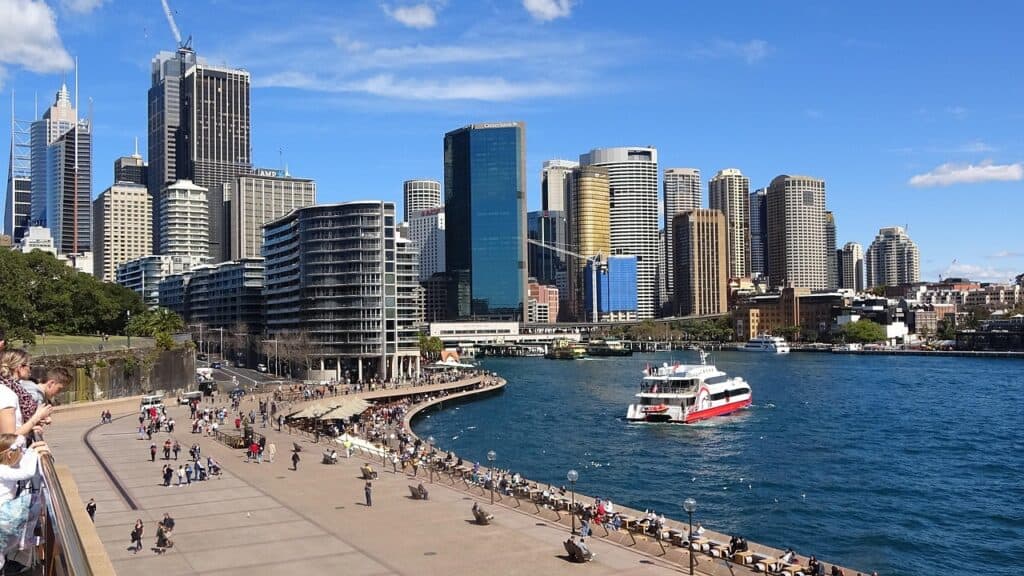
Despite being part of the Five Eyes intelligence alliance, Australia requires all Americans to obtain a 20 dollar Electronic Travel Authority before arrival. The irony runs deep, because Australia and the U.S. enjoy some of the highest travel freedom in the world while offering relatively little in return. Valid for 12 months with three month stays, the ETA means even quick trips to Sydney’s Opera House or the Great Barrier Reef demand advance digital screening. For many Americans, that is a surprising new layer of red tape.
United Kingdom – Even Close Allies Draw Digital Borders
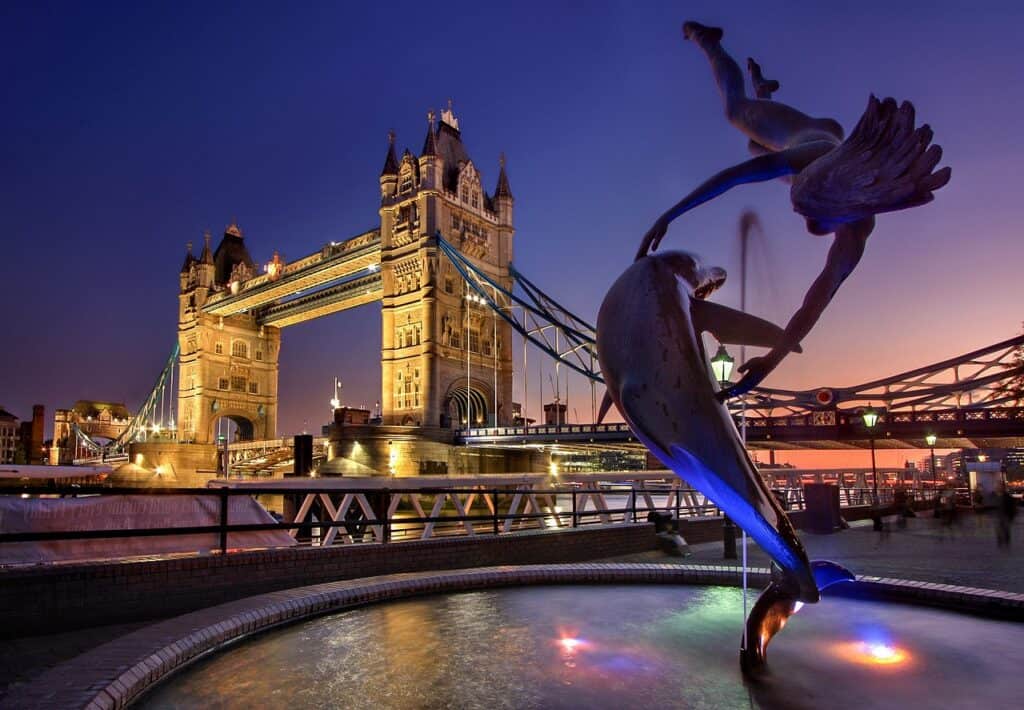
The special relationship could not save Americans from needing a 16 pound Electronic Travel Authorization starting January 8, 2025. Even passengers connecting through Heathrow now need this digital permission, catching thousands off guard. The ETA lasts two years but signals something larger, as Britain joins dozens of countries in screening Americans before arrival. From London’s West End to Edinburgh Castle, no part of the UK is accessible without advance approval any more, marking the end of effortless transatlantic trips.
Brazil – South America’s Visa Wake Up Call
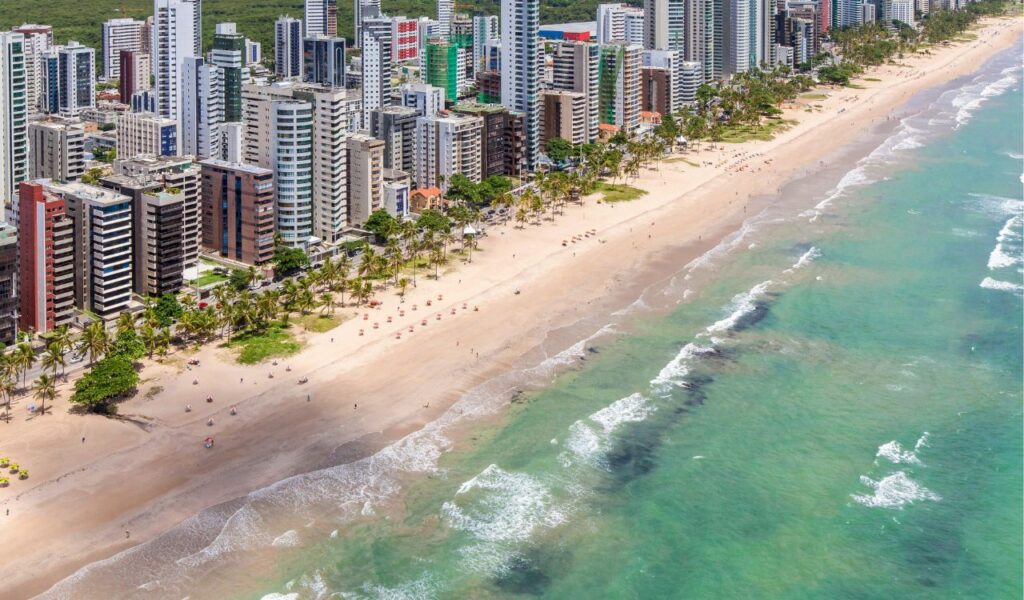
Brazil became one of the first major economies to revoke U.S. visa free access on April 10, 2025, demanding an 80 dollar e visa valid for 10 years. The move was clear diplomatic payback after decades of the U.S. requiring visas from Brazilians while enjoying free entry to their country. With about 217 million people and famous sites from Rio’s Copacabana Beach to the Amazon rainforest, Brazil’s decision sent shockwaves through the travel world. It signaled that reciprocity now matters more than long standing political ties.
China – Geopolitical Tensions Translate To Travel Restrictions
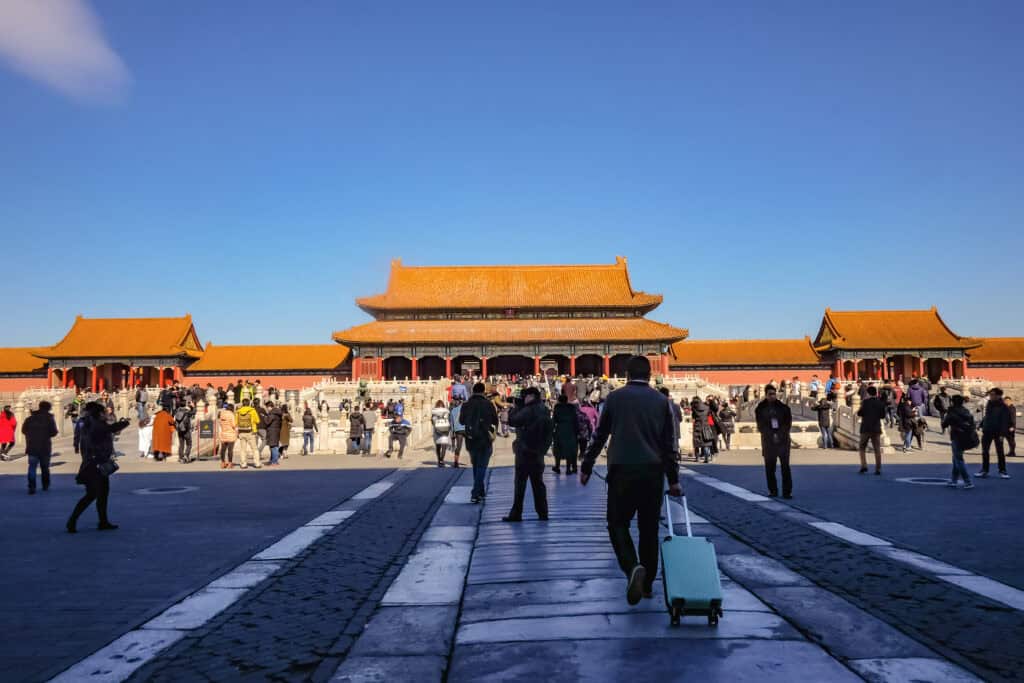
China welcomed more than 30 European nationalities with new visa free access in 2025, but Americans were deliberately left out and still need full traditional visas. Beijing now allows visa free entry to 76 nationalities, around 30 more than Washington does. Over the past decade China’s passport ranking has climbed from the mid 90s into the 60s, while America’s fell from first to twelfth. For U.S. travelers dreaming of the Great Wall or Shanghai’s skyline, it is a reminder that geopolitics increasingly shapes who gets easy access to where.
Vietnam – Southeast Asia’s Hot Spot Keeps Americans Out
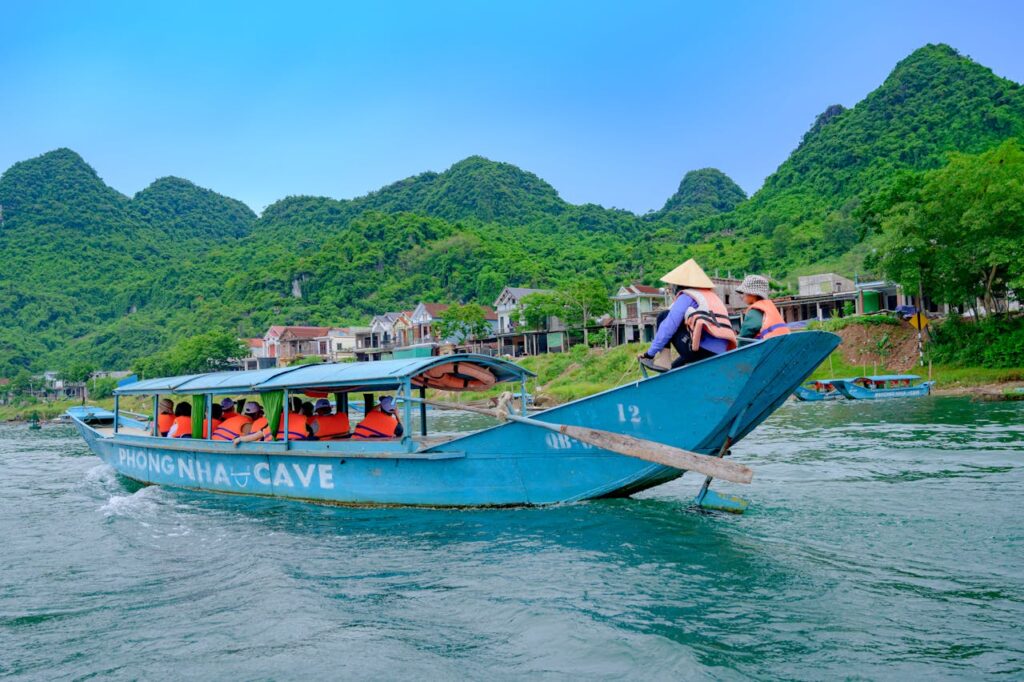
Vietnam’s 2025 visa free expansion welcomed dozens of European and Asian countries but pointedly excluded the United States. That was not an oversight, it was a calculated diplomatic choice that helped push the U.S. passport down the rankings. Americans still need advance visas to see Ha Long Bay’s emerald waters or Hanoi’s old quarter, while German and French tourists often walk straight through. With tourism booming and Vietnam rising as Southeast Asia’s must see destination, being left out feels like a very public snub.
Papua New Guinea – Paradise Lost For Easy American Access

Papua New Guinea’s 2025 entry rule changes barely made headlines, but they helped knock the U.S. passport out of the global top ten. This remote Pacific nation, home to more than 800 languages and some of the world’s most untouched coral reefs, caught American adventure travelers by surprise. It was once relatively straightforward for U.S. citizens to arrive with minimal paperwork. Now Americans must navigate new visa procedures, and for those chasing one of the planet’s last truly wild frontiers, simply turning up with a passport is no longer enough.
Nigeria – Africa’s Giant Prepares Reciprocity Measures

Nigeria has roughly 220 million reasons to rethink how it treats American visitors, and officials are watching Brazil’s visa move closely. After the U.S. slashed visa validity for Nigerian travelers to just three months, diplomatic tensions spiked. At the same time Lagos is emerging as a global business and culture hub, while Nollywood films reach audiences worldwide, yet Nigerians face steep barriers to U.S. entry. If Africa’s most influential nation decides to answer with reciprocal demands, many other countries on the continent are likely to follow.
Ghana – West Africa’s Democracy Weighs Its Options
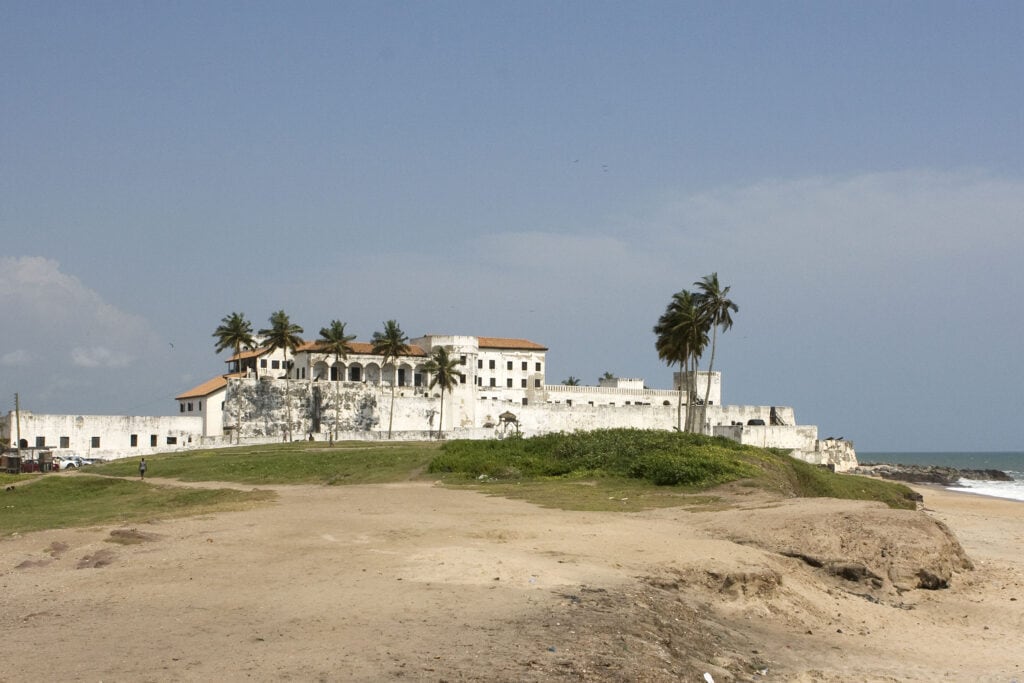
When Ghana follows Brazil’s lead, and many analysts say it is a matter of when rather than if, the whole region could shift. The U.S. sharply shortened visa validity for Ghanaians, and pressure is growing in Accra to insist on full reciprocity. With a lively capital, powerful slave trade history at Cape Coast, and the Year of Return movement drawing African diaspora visitors, Ghana is a key test case. It currently offers visa on arrival to Americans, but a change here could trigger a wider rethink of how West Africa treats U.S. passport holders.